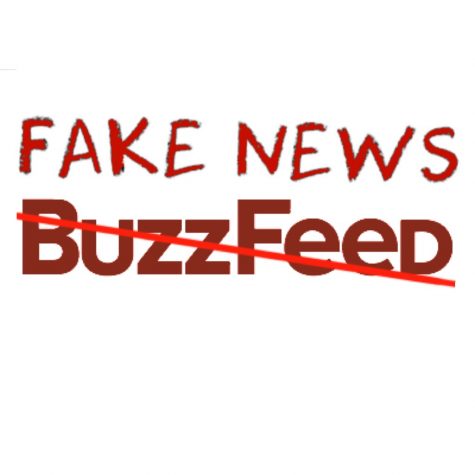Theo’s take on the nation: Nike’s Kaepernick campaign harms its central figure
A monthly editorial on current events around the US
October 19, 2018
When Nike’s new advertising campaign was announced, it provoked more controversy than an advertisement should. The image of Colin Kaepernick staring intently forward, with “Just Do It” and the Nike swoosh emblazoned across his face, has now become a cultural touchstone.
By tapping into the debate surrounding NFL players kneeling for the national anthem, Nike is making a risky political statement. Initially, this seemed to be a mistake. CNN Money reported that Nike’s stocks plummeted after the reveal of the ad, with many financial analysts speculating that Nike would only alienate customers. Since the initial backlash, things have turned around for Nike. In fact, Market Watch found that Nike’s online sales have increased 31% since the launch of the campaign. What’s behind this?
No matter what some may say about Nike making a politically charged or ethical decision, Nike is a corporation. Their endorsement of Kaepernick is a calculated business decision, one that looks to be paying off. Nike is targeting a particular demographic at the risk of alienating another.
Shrewdly, Nike is drawing on the wave of social consumerism in order to gain customers. Social consumerism is the idea that by buying a product, one is also contributing to a specific cause. Examples of this can be seen everywhere, most widely when a company vows that a small percentage of proceeds will go to charity. This is a strategy for corporations to forward their brand and appear relatable to their target demographic.
There have been rumblings of corporations adopting political stances as marketing techniques in recent years. For example, the LA Times reported on the 84 Lumber commercial that aired in part during the Superbowl in 2017, which depicted a mother and daughter attempting to immigrate to the US from Mexico before encountering a wall on the border. Eventually, they find a door has been built into the wall, at which point they pass through (the ad was deemed too political to air in full by Fox, and viewers were directed to watch the rest on the company’s website). However, Nike’s ad campaign is even more overt than this, and Nike is a much larger name than 84 Lumber. Nike may have just kicked off in earnest a new trend of corporations endorsing certain political views to appeal to certain audiences. At this point, the question becomes whether this is beneficial or not.
There is certainly an argument to be made that when a large corporation like Nike takes a side on a political issue, it brings awareness and media coverage, which may benefit the side they end up supporting. However, I think this is unlikely to provide much of a boost for a burgeoning social movement. For one thing, a corporation is never going to endorse a political position unless it is already well-known. More importantly, greater awareness of an issue cannot be equated with greater support for those looking to address the issue.
I would actually contend that when a corporation like Nike endorses a position, they are doing more harm than good. When a corporation co-opts a political movement to advertise their brand, it robs the movement of significance.
Everybody already knows what Kaepernick is struggling to achieve. The only thing Nike has done is made people associate his sincere pleas for change with shoes and sportswear, cheapening his message and making genuine consideration of his views by the NFL and others in society that much less likely.









